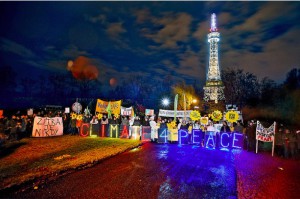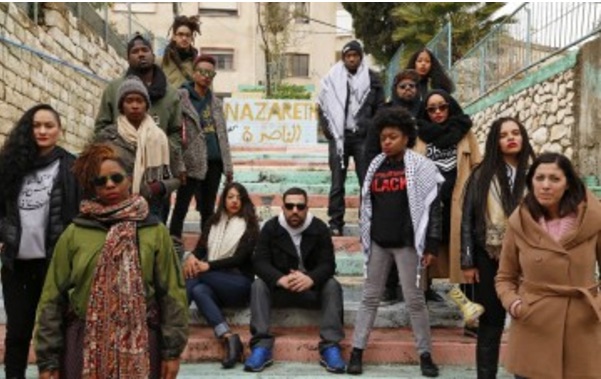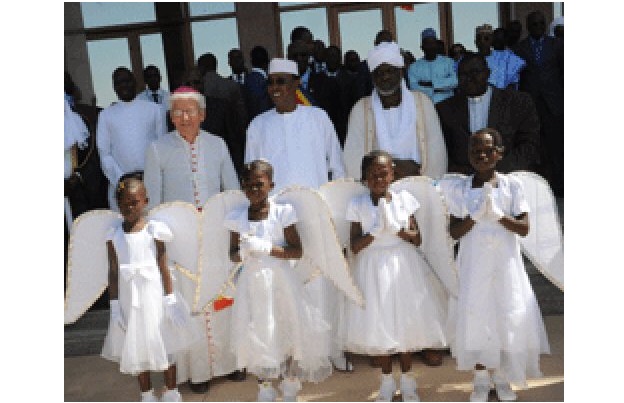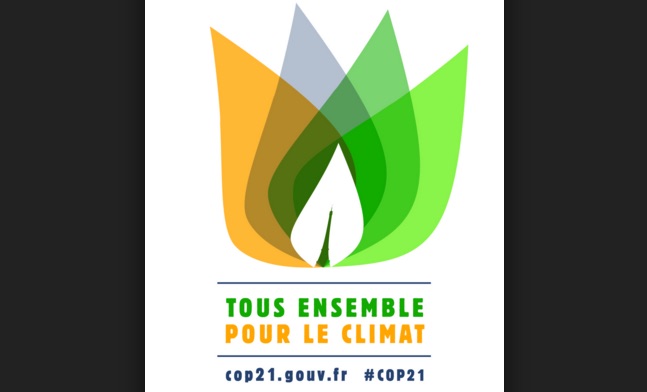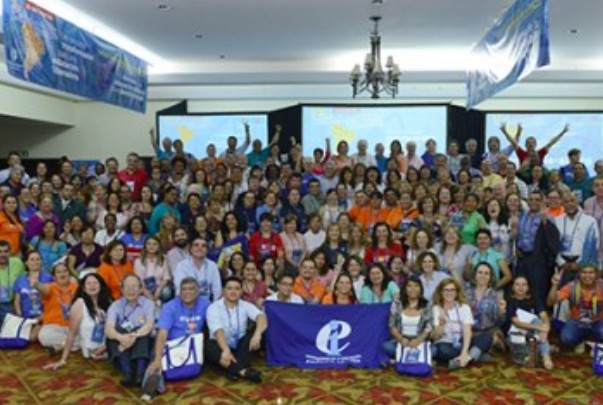There are many contradictory opinions about the results of the Paris Climate Agreement, so CPNN turned to two of the most independent and scientific authorities, James Hanson, the former Nasa scientist, who first alerted the world to climate change in 1988, and Naomi Klein, Canadian author, social activist, and filmmaker known for her political analyses and criticism of corporate globalization (see CPNN review of her most recent book, This Changes Everything).
According to James Hanson the agreement is a complete fraud, diverting us from the real cause of global warming. which is the continued reliance on oil and coal. According to his most recent research, if we do not radically cut this reliance, “the sea level could soon be up to five meters higher than it is today by the latter part of this century [which] would inundate many of the world’s cities, including London, New York, Miami and Shanghai.
According to Naomi Klein, the Paris agreement takes us backwards. At least the Kyoto Accord of 1997 included binding language, while the Paris Accord does not. And Klein makes the link between the reliance on oil and the disastrous wars of recent years: “Do we think Iraq would have been invaded if their major export had been asparagus [as journalist Robert Fisk once asked]? Probably not. We wanted that prize in the west, Iraq’s oil. . . This destabilized the whole region, which was not particularly stable to begin with because of earlier oil wars and coups and support for dictatorships.”
But there were other actors in Paris in addition to the representatives of national governments. The cities of the world were there, as were indigenous elders, African women and non-governmental organizations such as Greenpeace, and perhaps they can pick up where the national governments are failing.
ICLEI, “the world’s leading sustainability network of over 1,000 cities, towns and metropolises” pledged to continue their own actions “to make their cities and regions sustainable, low-carbon, resilient, eco-mobile, biodiverse, resource-efficient and productive, healthy and happy, with a green economy and smart infrastructure.” “Our pilot of the Transformative Actions Program (TAP) 2015 has brought forward 125 applications to demonstrate ambitious, crosscutting, and inclusive local action plans that have the potential to contribute to keeping global warming below 2°C.”
A meeting of indigenous elders in Paris released a statement saying, among other things, that “We are all responsible and we are all capable of creating a new path forward with new sources of energy that do not harm the people or the Earth. We are obligated to all take action now to protect what is left of the Sacredness of Water and Life. We can no longer wait for solutions from governmental and corporate leaders. We must all take action and responsibility to restore a healthy relationship with each other and Mother Earth.”
Wanjira Mathai, daughter of Nobel Peace Laureate Wangari Maathai, brought news to Paris about a new movement called AFR100 — the African Forest Landscape Restoration Initiative — [that] aims to restore 100 million hectares (386,000 square miles) of degraded and deforested landscapes in Africa by 2030.
And Kumi Naidoo, the Director of Greenpeace, while recognizing the shortcomings of the Paris Agreement, sees it as the beginning of a long road. It is the new generation that must take up the cause: “We need substantial, structural, systemic change – and this change can only be led by the youth, who are not infected by the political pollution of the past.”
That leads us to another agreement this past month that did not receive headlines, but which was led by those of the new generation who seek “substantial, structural, systemic change.”
Romeral Ortiz Quintilla tells us how she and others from the United Network of Young Peacebuilders launched a campaign to develop “a global framework that would recognize and guarantee the role of youth in peacebuilding and violence prevention.” They developed partnerships with key stakeholders such as the Secretary-General’s Envoy on Youth to the Peacebuilding Support Office, Search for Common Ground, World Vision and UN agencies such as UNDP, among others. As described previously in CPNN, two years ago, they came to the UN in New York to lobby for the effort.
On December 9, as a result of their efforts, the UN Security Council adopted resolution 2250 on Youth, Peace & Security. The resolution calls on Member States to “facilitate an enabling environment for youth to prevent violence, and to create policies which support youth socio-economic development and education for peace equipping youth with the ability to engage in political processes.”
Welcoming the adoption of the resolution, Romeral and UNOY now call on every young peacebuilder to join them in the next steps.
|
SUSTAINABLE DEVELOPMENT |
WOMEN’S EQUALITY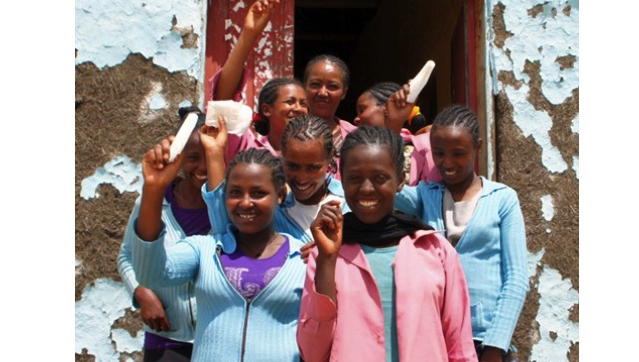 Eight ways 2015 was a momentous year for girls |
DISARMAMENT AND SECURITY |
HUMAN RIGHTS Reconciling Canada: Hard truths, big opportunity |
|
TOLERANCE AND SOLIDARITY |
DEMOCRATIC PARTICIPATION |
FREE FLOW OF INFORMATION |
EDUCATION FOR PEACE |
